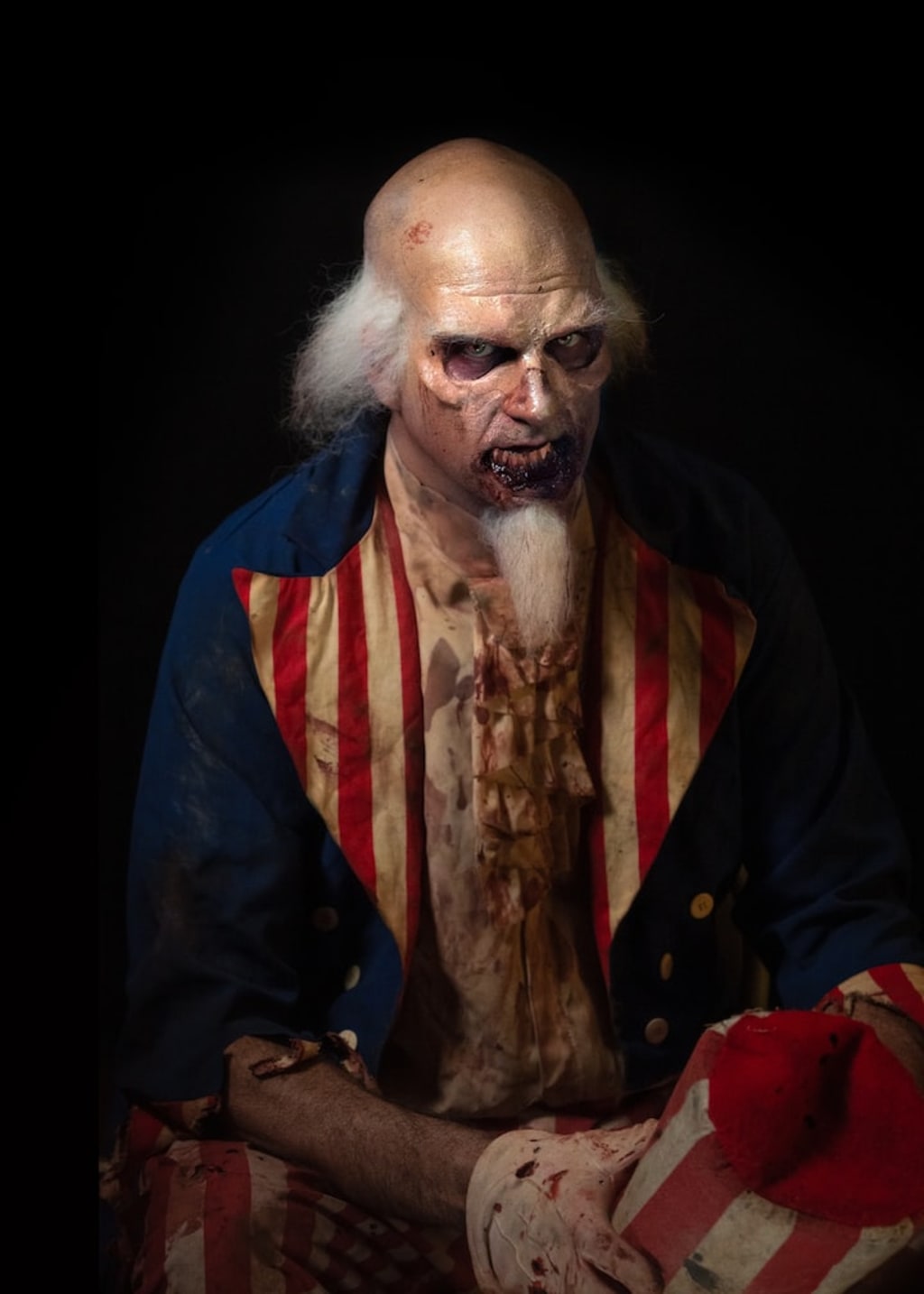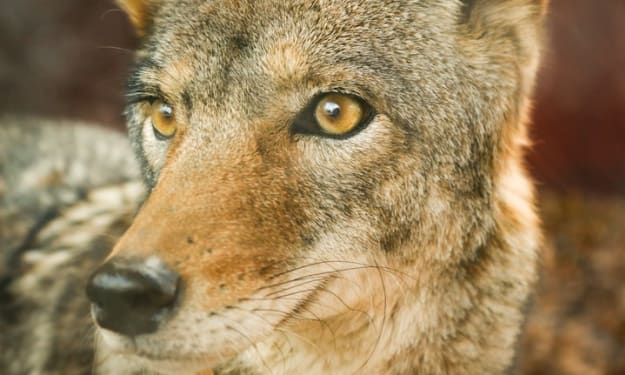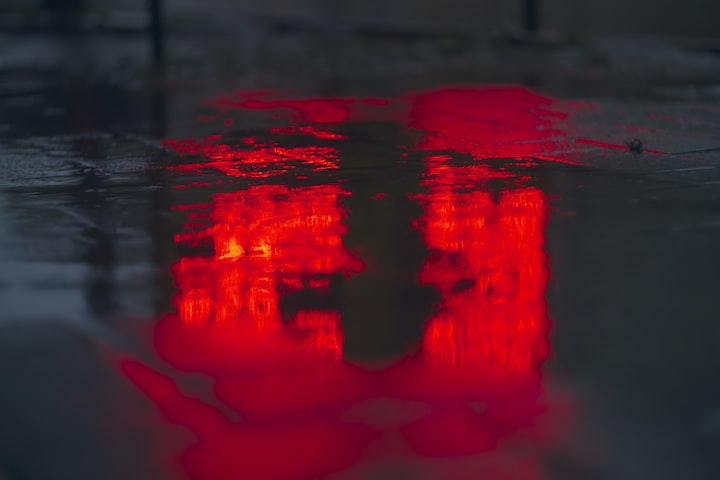
One of the most recognizable creatures in modern culture and our fears are zombies. Zombies have been portrayed throughout human history and into the present day, preying on universal human anxieties such as those of death, the apocalypse, the end of civilization, and eventually the unknown.
We'll examine the creation of the zombie today.
What Origins Do Zombies Have?
It is quite difficult to determine the precise year or even birthdate of our zombie pals. Every tribe on earth has a tale or a belief about a zombie or something resembling a zombie.
One of humanity's greatest fears—death—emerged as a native response, giving rise to the zombie.
Since rotting flesh distributes bacteria and diseases to the populace, every community has established customs and rituals to address how to handle corpses and whatever diseases they could have.
In order to prevent the accidental spread of sickness and eventual death, it is possible that the dread of and myths about the ancient zombie were invented to prevent people from trying to retain the body of a departed loved one in the house or from digging up bodies.
Famous Zombie References Throughout History in Different Cultures
Dead people are first mentioned in writing in the Epic of Gilgamesh.
Viking oral culture
Chinese oral culture
Middle Eastern Prostitutes Who Are Zombie?
In the oral tradition (stop right there, reader; I mean the stories were delivered verbally), the Middle East is where we discover the unique zombie prostitutes. The services of those zombie prostitutes were not restricted to a single orifice. Initially, they were businesswomen.
Due to their wicked behavior, these undead "ladies of the night" were, in a literal sense, cut off from God. They would go looking for tourists. Any traveler who got close to them would perish (note: zombies used to only kill you; it wasn't until much later that you started to turn into one). The flesh of their deceased victim travelers was subsequently consumed by the zombie prostitutes.
In medieval Europe, zombies emerge from graves.
The Medieval European zombie might be any corpse that managed to leave a cemetery or a tomb in order to hunt the living, unlike their Middle Eastern relatives who had to train for zombie-dom in their mortal life by sucking dick for a $20.
Due to the very real and significant quantity of mortality experienced by plague survivors, there was an upsurge in zombie myths, concerns, and reported sightings at that period.
Congratulations, you have survived the Bubonic Plague. However, you must now be concerned about flesh-eating corpses. Not really a win. Once more, this writer thinks that the tales became well-known in an effort to discourage people from burying Aunt Becky after she succumbed to the disease and murdering the rest of the family, castle, or hamlet. Additionally, it promoted the fast removal of deceased bodies.
We had to think of something more terrifying since, I suppose, the dread of contracting the Black Plague wasn't enough. Corpses that hunt you down are flesh-eating monsters. That will succeed.
Where Did The Word "Zombie" Originate?
The word "zombie" itself is derived from voodoo practices in Haiti (I love a good voodoo tradition, almost as much as I love a good class system).
According to Haitian voodoo, a zombie is a person whose mind has been magically possessed such that they are a slave to their master's whims and wishes.
Frankenstein's Monster, by Mary Shelley, is the most well-known zombie in history.
Wow, it seems like there were a lot of apostrophes there. In order to set the record straight, the monster in the original book was NOT referred to as Frankenstein. The scientist/doctor who created the monster was named Frankenstein. It is simply referred to as "the monster" throughout the novel.
In this timeless story, a group of friends were challenged to each write a horror story, and the best story would be chosen. The challenge was part of a writing contest hosted by none other than European Fuckboi extraordinaire, Lord Byron (who I will undoubtedly discuss in another article; his antics were too salacious not to).
The current scientific discoveries of the day, such as an experiment in which electricity was used to make a dead frog's appendages move, inspired Shelley.
As Dr. Frankenstein really produces a monster, Frankenstein or A Modern Prometheus deals with the unexpected repercussions of science and technology.
Film, TV, and Other Media's Contemporary Zombie Representations
The 1931 version of the novel Frankenstein served as Hollywood's first zombie picture, and it was soon followed by the 1932 release of "White Zombie" and, subsequently, "Plan 9 From Outer Space."
Zombie bites may spread disease and be fatal.
For the first time, a zombie bites someone in the 1968 classic "Night of the Living Dead," inflicting death in addition to just devouring their flesh. This time, the victim of the zombie attack became another zombie. A wink to the vampire culture, but also, in my opinion, a wink to the spread of sickness or unwholesome ideas.
The Zombie Apocalypse Is Coming
In the early to mid 1980s, the Zombie Apocalypse subgenre begins to take off, with zombies being shown as more than simply an exception but as the norm. in this case there are more zombies than people.
Through Music and Music Videos, Michael Jackson's Thriller Brings Zombies to Life.
Zombies first appeared on MTV in Michael Jackson's 1983 cultural phenomenon Thriller, which is now one of the best-selling singles of all time. "Thriller" even included a personal disclaimer from Michael Jackson that the song's and video's creation did not indicate that he worshipped the occult. It represented both the terror of zombies and the realization that, as Michael finds himself turning into one, perhaps it isn't so awful.
I mean, I can still perform the entire dance routine from the video. Thank you, Mom, for not watching over me as you read Cosmopolitan and smoked Misty Menthol Ultra Light 120s.
From the early 2000s through the present, zombies
With the advent of "Resident Evil" and well-known novels like "The Zombie Survival Guide," "World War Z," and "Pride and Prejudice and Zombies," the zombie and zombie culture moved into the early 2000s.
Two of the most watched television shows to date both have zombies in their plots.
In "Game of Thrones," Ice Zombies with the Night King as their undead leader threaten to destroy Westeros. (Side note: throughout the entire series, my favorite phrase is, "What do you tell the Death God? not now."
The focus of "Walking Dead" is the zombie apocalypse and the struggles of the few survivors. I could provide a better synopsis, but to be honest, despite several tries, I've never finished the series.
Will zombies remain the undead kings and queens of horror?
Zombies are THE most popular horror subgenre as of the time of writing. Personally, this writer thinks zombies are here to stay. Every fundamental human fear—from technology to strangers to death—is represented by zombies.
Death is essentially the biggest dread humans have since all other anxieties ultimately result in death. As a result, it stands to reason that zombies won't perish until people stop being afraid of dying as they are the embodiment or monsterization of death.






Comments
There are no comments for this story
Be the first to respond and start the conversation.